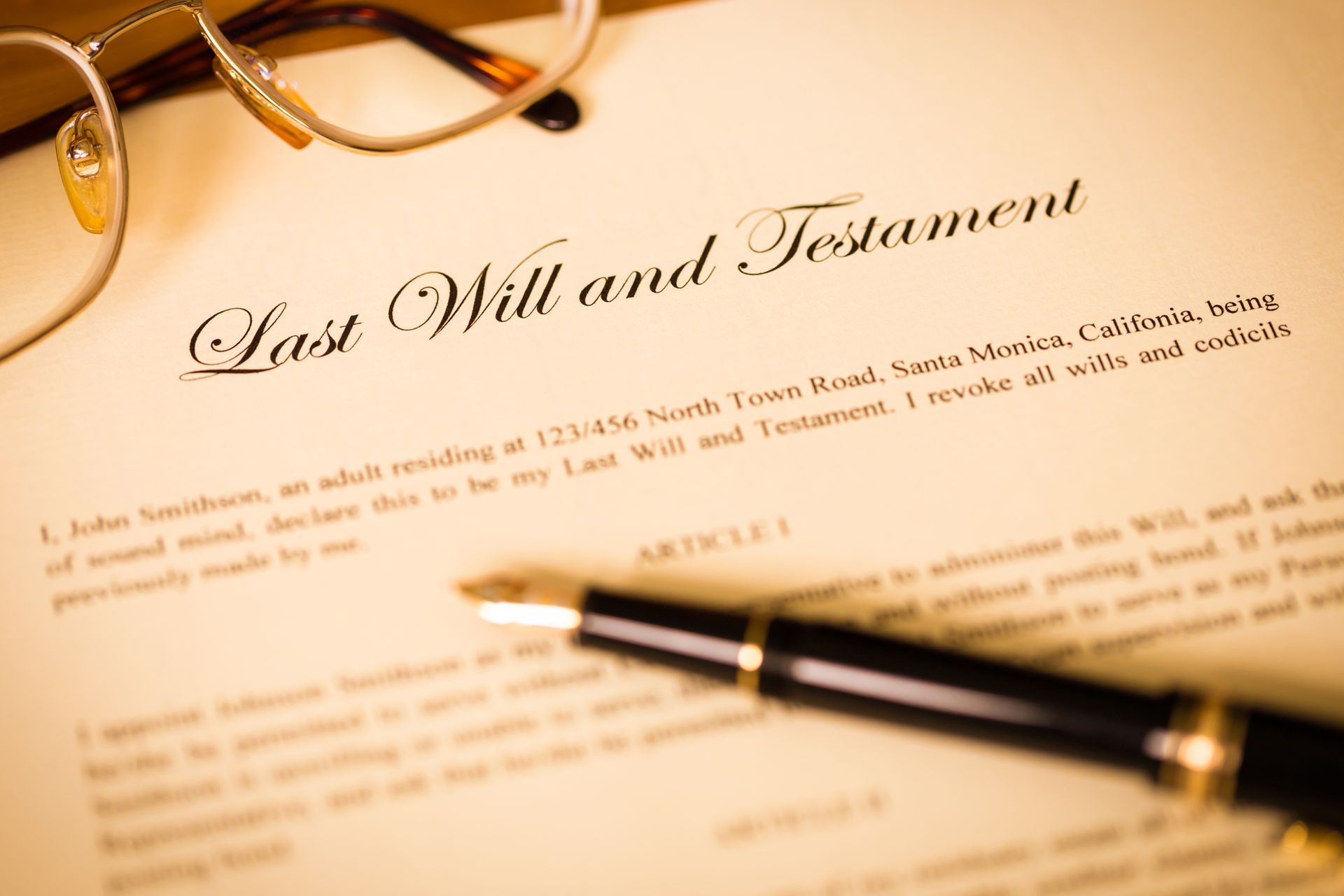What Happens If You Die Without a Will?
When a person passes away without leaving behind a valid will, they are said to have died “intestate.” When this happens, the distribution of their assets and property is determined by the laws of the state in which they resided. This can result in outcomes that may not align with the person’s wishes, and can create legal and financial challenges for their loved ones.
In this article, we will discuss what happens when you die without a will.

What happens to your assets?
The first step in the process of settling an estate without a will is to appoint an administrator. This is typically done by the court in the county where the deceased person lived. The administrator will be responsible for collecting the deceased person’s assets, paying any outstanding debts or taxes, and distributing the remaining assets to the appropriate heirs.
The laws that govern the distribution of assets vary in the U.K. depending on whether you reside in Scotland or England, but in general, they prioritise spouses, children, and other close relatives. If the deceased person was married, their spouse will typically receive a certain portion of the estate, with the rest being divided among their children or other heirs.
If there are no surviving children or descendants, the spouse may receive the entire estate.
If the deceased person was unmarried and had no children, their assets may be distributed to their parents, siblings, or other close relatives. In some cases, if no living relatives can be located, the estate may be transferred to the state.
One important thing to note is that without a will, the distribution of assets may not align with the person’s wishes. For example, they may have wanted to leave a certain asset to a close friend or charity, but without a will, this may not be possible. Additionally, the process of settling an estate without a will can be more time-consuming and expensive than with a will, as the administrator may need to work with multiple heirs and navigate complex legal issues.
Another important consideration is that without a will, the deceased person’s assets may be subject to estate taxes. This can significantly reduce the amount of assets that are ultimately distributed to their heirs.
In order to avoid these challenges, it is important to create a will that clearly outlines your wishes for the distribution of your assets after your death. This can ensure that your assets are distributed according to your wishes and can help prevent legal and financial challenges for your loved ones.
What happens to your children?
If you pass away without a will, the state will determine who will be appointed as the legal guardian of your children. This can be a stressful and emotional situation for your loved ones, as they may have different opinions about who should care for your children.
In general, the court will prioritise the best interests of your children when making a decision about their guardianship. They will consider factors such as the stability and financial resources of potential guardians, as well as their relationship with your children.
If you are married and your spouse is still living, they will typically be appointed as the legal guardian of your children. However, if you are divorced or your spouse is unable or unwilling to care for your children, the court may consider other family members or close friends as potential guardians.
It is important to note that without a will, the court may not be aware of your wishes regarding the care of your children. For example, you may have wanted a specific family member or close friend to serve as their guardian, but without a will, this may not be taken into consideration. Therefore, it is highly recommended that you create a will that outlines your wishes for the care of your children in the event of your death.
In your will, you can designate a specific person as the legal guardian of your children, as well as an alternate guardian in case your first choice is unable or unwilling to serve. You can also provide guidance on issues such as education, religious upbringing, and other important decisions that will impact the well-being of your children.
In Summary
In conclusion, dying without a will can create significant challenges for your loved ones and can result in the distribution of your assets in a way that may not align with your wishes. By creating a will and working with an experienced will writer, you can ensure that your assets are distributed according to your wishes and can help prevent legal and financial challenges for your loved ones.



